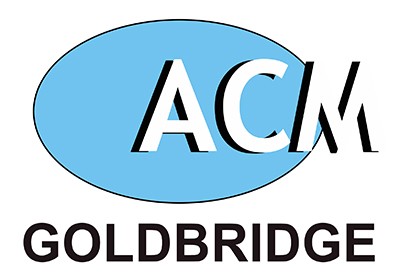Beyond the Barcode: How Waterproof RFID Tags Are Revolutionizing Daily Life and Industry

FOR IMMEDIATE RELEASE
In an increasingly connected world, a simple technological innovation is quietly transforming our daily routines and industrial operations: the waterproof Radio-Frequency Identification (RFID) tag. Moving far beyond the capabilities of traditional barcodes, these durable, smart tags are creating a wave of efficiency, safety, and convenience across countless sectors.
What Makes Waterproof RFID Special?
Unlike standard RFID tags, waterproof variants are encapsulated in robust materials like epoxy resin, PVC, or PET, making them resistant to water, dust, extreme temperatures, and physical shock. This resilience allows them to function in environments where traditional labels would fail, unlocking a multitude of new applications.
Transforming Everyday Experiences
For the average consumer, the impact is tangible:
-
Streamlined Laundry: Imagine throwing a load of laundry into the washer without a second thought about checking care labels. Brands like Decathlon are already embedding waterproof RFID tags into clothing. This allows high-tech washing machines to automatically read the tag and select the perfect wash cycle, protecting garments from damage.
-
Smart Kitchens: Food packaging with waterproof RFID can provide precise expiration dates, nutritional information, and even recipe suggestions simply by scanning the item with a smartphone or smart fridge, reducing food waste and simplifying meal prep.
-
Enhanced Wellness: Swimmers and athletes can use waterproof RFID wristbands to track their laps, time, and performance metrics directly in the pool, providing accurate data without compromising the device.
Revolutionizing Industries
The true power of waterproof RFID is unleashed in industrial and commercial settings:
-
Supply Chain & Logistics: Companies can now track shipments in real-time, regardless of weather conditions. Tags on pallets and containers withstand rain, humidity, and condensation, providing flawless visibility from manufacture to delivery.
-
Healthcare & Sterilization: Hospitals use these tags to track surgical instruments through rigorous, high-temperature autoclave sterilization cycles. This ensures instrument availability, improves inventory management, and enhances patient safety by providing a verifiable sterilization history.
-
Agriculture & Livestock Management: Farmers implant waterproof RFID tags in livestock for reliable identification and health monitoring. The tags endure rain, mud, and immersion, ensuring animals are tracked accurately throughout their lives.
-
Waste Management: Cities are installing RFID tags on recycling and waste bins. The waterproof tags survive all weather conditions, enabling efficient route planning for collection trucks and allowing for innovative "pay-as-you-throw" billing systems to encourage recycling.
A Future of Seamless Interaction
"The integration of waterproof RFID technology marks a significant leap towards a truly seamless Internet of Things (IoT)," says Dr. Emily Thorne, a technology analyst at SmartTech Insights. "It allows us to embed intelligence into everyday objects and environments that were previously offline due to exposure to the elements. This isn't just about tracking; it's about creating systems that are smarter, more efficient, and require less human intervention."
As the technology continues to drop in cost and increase in capability, the humble waterproof RFID tag is poised to become an invisible yet indispensable part of the infrastructure that improves our modern lives, making the mundane more manageable and opening doors to innovations we are only beginning to imagine.
About The TechWire:
The TechWire is a leading news source dedicated to covering emerging technologies and their impact on business, society, and daily life. We provide in-depth analysis and reporting on the innovations shaping the future.



